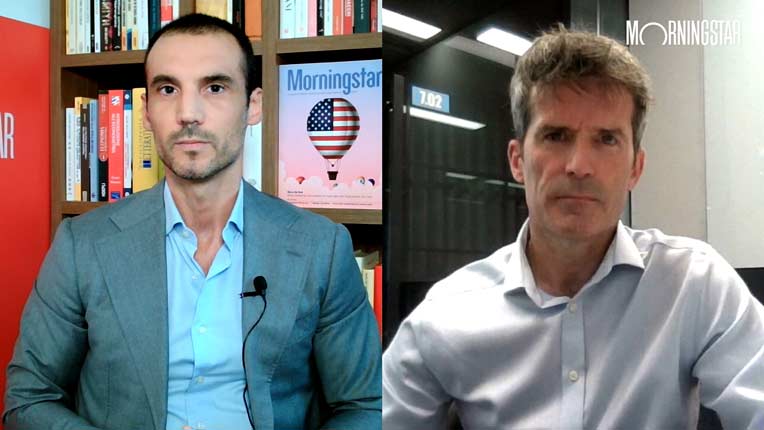This article is part of Morningstar's "Perspectives" series, written by third-party contributors. Here, written by Deepak Lalwani of India investment specialist Lalcap explains why fundamentals have improved in India, but investors are still wary to take the plunge.
Emerging markets have been pounded in the last fortnight. This is due to a combination of political troubles in several countries and the prospect of the US Fed further easing its monetary stimulus.
The January 22 announcement of weak manufacturing data in China triggered a stampede out of Emerging Markets. In the following week, foreign investors sold $1 billion in Indian stocks and bonds, although net bond purchases in January were still around $2.3 billion – the second consecutive month of net purchases.
Until the global sell off, overseas investors had been buying India, building positions in equities particularly in infrastructure. Turkey and South Africa aggressively raised interest rates on January 29 to curb capital flight. Other countries, including Malaysia and Mexico, are watching and waiting. India, unlike Turkey, has slashed its current account deficit and built up currency reserves over recent months. It now has more protection against a repeat of last year's crisis when the rupee was battered as investors fled economies with weak external balances. Reserves had recovered to $292 billion by mid-January vs a three-year low of $274.8 billion in August. Although that covers only about seven months of imports, it comfortably covers 1,440% of short-term debt. The RBI raised interest rates by 25 basis points on January 28, its third such move in five months. The SENSEX hit a record closing high in late January.
Although investors have cautiously trimmed their bets on India in light of the global turmoil and uncertainties ahead of the elections, it is clear that it is not in the eye of the storm. Argentina, Brazil, South Africa and Turkey have taken most of the battering, while the differentiation in the marketplace means that "countries that have taken tough actions and managed well are having a different experience", according to US Treasury Secretary Jack Lew.
India was once a star performer of emerging markets but a sharp deceleration in growth in the last two and a half years and policy paralysis by bureaucrats on the reforms front has reined in investor appetite.
![]() Vodafone (VOD) entered India in 2007 in a $11 billion deal with Hutchinson Whampoa. The former currently owns, directly or indirectly, a total of 84.5% in Vodafone India, which is the No. 2 telecoms company by revenue and users. The company's commitment to India, despite its unresolved $2 billion dispute with tax authorities there, indicates its continued faith in the country as a growth market. This is a good and timely sign for India.
Vodafone (VOD) entered India in 2007 in a $11 billion deal with Hutchinson Whampoa. The former currently owns, directly or indirectly, a total of 84.5% in Vodafone India, which is the No. 2 telecoms company by revenue and users. The company's commitment to India, despite its unresolved $2 billion dispute with tax authorities there, indicates its continued faith in the country as a growth market. This is a good and timely sign for India.
The pressure is on the Congress party to implement measures to stimulate the economy. It desperately needs to bolster its sagging popularity. This became starkly evident last week when the first day of the new parliamentary session had to be adjourned when rowdy scenes erupted over the proposed creation of a new state. The controversial proposal for a new state, Telangana carved out of Andhra Pradesh, should also generate vote-winning support for Congress.
The party, which has been in power for 10 years, will try to push through 39 bills before the session ends on February 21. The world's largest democracy must hold a parliamentary election by May and the date is expected to be announced near the close of the session. This is widely seen as a last chance to boost support for Congress. And boost Rahul Gandhi's image, the fourth generation member of the Nehru-Gandhi dynasty that leads the party. The raft of measures includes six anti-corruption bills addressing issues such as protection for whistleblowers, corruption in the judiciary and an interim budget. It is already clear that opposition will be fierce on all fronts. Finance Minister Chidambaram has acknowledged that none of the bills may actually be passed, as parliament simply goes through the motions in the run up to the elections. The proposals merely add to the backlog of pending bills, such as those for higher education and mining.
Morningstar Disclaimer
The views contained herein are those of the author(s) and not necessarily those of Morningstar. If you are interested in Morningstar featuring your content on our website, please email submissions to UKEditorial@morningstar.com.





























